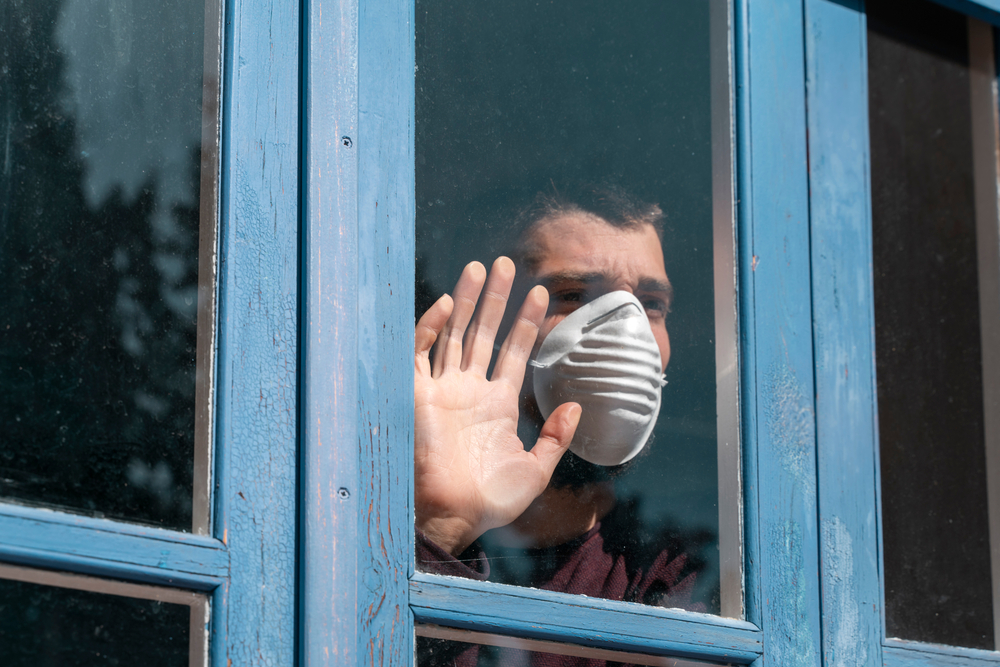This is in reference to the New York State Governor, Andrew Cuomo, as an example of effective leadership. This is why people follow.
In light of the COVID-19 pandemic, employees and citizens are looking to their leaders for guidance and answers to the question “what do we do now?” Crisis can bring out the best or worst in a leader. Political leaders’ responses to the Coronavirus are no exception.
Great Leadership Inspires People to Follow
The most effective leaders are those who inspire people to follow them. They usually have skills in three key areas:
- Motivation and Drive: Leaders need to be motivated by achievement and have the self-confidence, energy, and effectiveness to get things done.
- Social Skills: Leaders need people to like them. They are often skilled at influencing others, political awareness, and empathy.
- Helicopter Perspective: Leaders need to be able to pick their head up from day-to-day tasks and conceptualize the bigger picture.
Politicians carry many of these traits naturally. It’s what gets them elected. Business owners can learn a lot from how politicians handle themselves under pressure. Unfortunately, in the case of COVID-19, some of those lessons are in what not to do.
COVID-19 Crisis Brings Out Dysfunctional Patterns in Leadership
Moments of crisis can bring out the worst in any leader. Manfred F.R. Kets de Vries is a Clinical Professor of Leadership Development and Organizational Change at INSEAD. His book, The Leadership Mistique: Leading Behavior in the Human Enterprise, describes six types of leadership dysfunction.
Conflict Avoidance
Politicians and business owners often share a desperate desire to be liked and approved of. When crisis happens, conflict avoidant leaders will avoid making difficult decisions to exercise their authority. This can delay time-sensitive decisions and make the situation worse.
Florida governor Ron DeSantis demonstrated conflict avoidance when he refused to close the state’s beaches over Spring Break to stop the spread of the Coronavirus. By trying to keep tourists happy, he helped the virus spread as tourists brought it home with them.
Tyrannizing Subordinates
Leaders in crisis may sometimes become abrasive or abusive, tyrannizing subordinates. This can cause those same subordinates to grow more defensive to control the anxiety caused by their leader.
The COVID-19 crisis has pushed U.S. President Donald Trump’s strained relationship with reports to a new level. He has told them they need to “act in a little more positive”, that “nobody trusts the media”, and they should “Be nice. Don’t be threatening.” The more he challenges reporters, the more aggressive they become, escalating the situation.
Micromanagement
Leaders often don’t trust anyone else to do a job as well as they do. They micromanage tasks they should delegate or arbitrarily jump in to grab control.
The U.S. Centers for Disease Control and Prevention declined to use a World Health Organization test for COVID-19, developing its own test instead. However, manufacturing defects meant many tests came back inconclusive, slowing testing availability.
Manic Behavior
Often, a crisis can make a leader feel like they “need to do something” even before they have the facts to determine an appropriate response. This kind of manic behavior can spin a company, or a country, in the wrong direction and make it harder to come back.
The central Asian nation Turkmenistan responded to the Coronavirus by completely banning the word. Rather than take precautions against the virus, the leadership there tried to suppress information about the pandemic, which will make it harder to fight.
Inaccessibility
Leaders in crisis can sometimes become aloof, distancing themselves from their subordinates. When they don’t lead by example, they may cut themselves off from important information about their people, and the situation.
Democratic presidential candidate Joe Biden was criticized for his absence in the days following the COVID-19 outbreak in America. His inaccessibility left supporters wondering what his response would be after the election.
Game Playing
Finally, leaders often turn to game playing in difficult situations, putting their own priorities first and making themselves look good at the expense of others.
In response to requests for medical supplies and ventilators, President Donald Trump told Vice President Mike Pence not to call Michigan Governor Gretchen Whitmer and to focus on governors who were “appreciative” of the federal government, putting his own reputation above the needs of his citizens.
What it Takes to Maintain Leadership in Crisis
So what does good leadership in crisis look like? New York Governor Andrew Cuomo is providing an example in real time. Despite a reputation for a controlling and bullying personality, he has provided a response to the Coronavirus crisis that is empathetic and grounded in facts. His daily briefings start with stark reality in a state that has become the epicenter of the U.S. COVID-19 outbreak. But he doesn’t stop there. He continues, providing hope and inspiration to New Yorkers, including transparent conversation of government responses and sympathetic words to those fighting this “invisible” and “insidious” beast. It’s no wonder New York is inspired to “kick coronavirus’s ass.”
David Stanislaw is an organizational development specialist with over 25 years’ experience helping small business owners respond to conflict and survive crises. Through virtual executive coaching and conflict resolution, David helps CEOs and executives develop the skills they need to carry their businesses through hard times. Contact us to meet with David and create a COVID-19 crisis plan that protects you, your workers, and your business.


Recent Comments